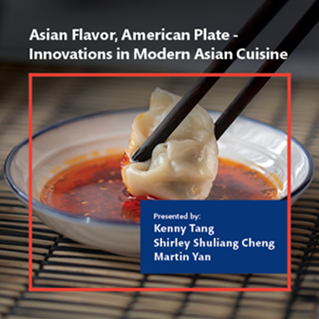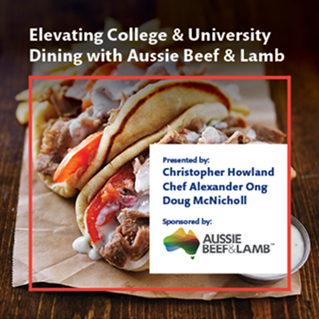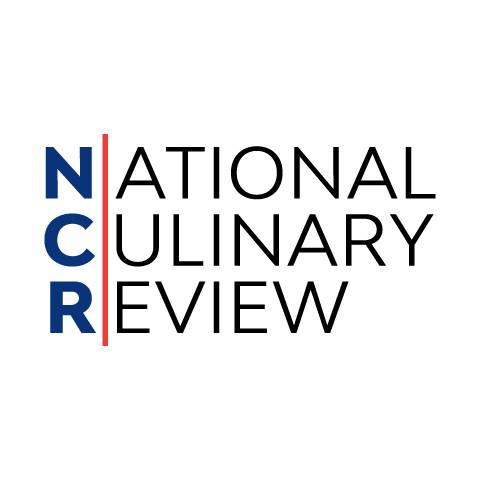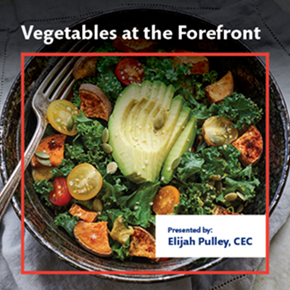Loading Shopping Cart Items...
Catalog
About this item
This is a 15-hour, self-paced course on culinary nutrition as it relates to the food service industry and is designed for candidates interested in earning their CFC/CFPC designation. You will gain a basic understanding of culinary nutrition principles, nutritional guidelines, healthy cooking, accommodating dietary restrictions, and future trends.
Course/Activity Information
You will complete this course by reading through a series of content modules, complete activities as you progress, and will be quizzed on the content at the conclusion of each module. There will be a final exam at the end of the course.
What will you learn in this course? At the end of this course you will be able to:
- Discuss the benefits of a healthy diet
- Explain how people make food choices
- List the six categories of nutrients
- Identify the nutrients that provide energy
- Describe factors that influence daily energy needs
- Explain nutrient density and give examples of high nutrient density foods
- Explain how the body uses carbohydrates, fats, proteins, and water
- Identify food sources of sugars, starches, and fiber and the health effects of each
- Identify food sources of saturated, monounsaturated, polyunsaturated, and trans fatty acids and the health effects of each
- Differentiate between cholesterol in food and blood cholesterol
- Identify food sources of protein and explain the differences between plant and animal protein sources
- Describe the general functions and food sources of vitamins and minerals
- Discuss the recommendations of the Dietary Guidelines for Americans
- List the major nutrients provided by the five MyPlate food groups
- Compare nutrient values on food labels
- Discuss guidelines for nutrient content, health claims and structure function claims on food labels
- Identify nutrient-dense foods and ways to include them on menus
- Explain how portion sizes and the proportions of foods on a plate impacts nutrition
- Plan menus to emphasize high nutrient-density foods and ingredients
- Discuss ways to reduce sodium and increase potassium on menus
- Discuss how various cooking techniques impact nutrient retention
- Distinguish between food allergies, intolerances and aversions
- Identify the nine (9) most common food allergens
- Identify grains that contain gluten and those that do not
- Distinguish between different types of vegetarian diets
- Discuss menu planning for high blood pressure, heart disease and type 2 diabetes
- Discuss the benefits and challenges of nutrition labeling on menus
- Discuss current and emerging food and nutrition trends that impact the food service industry



